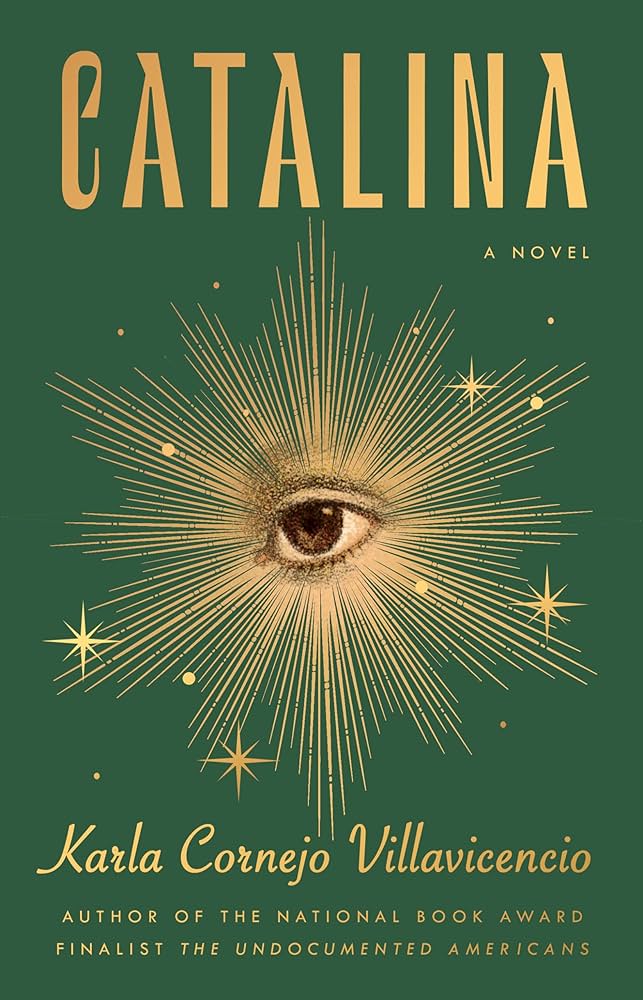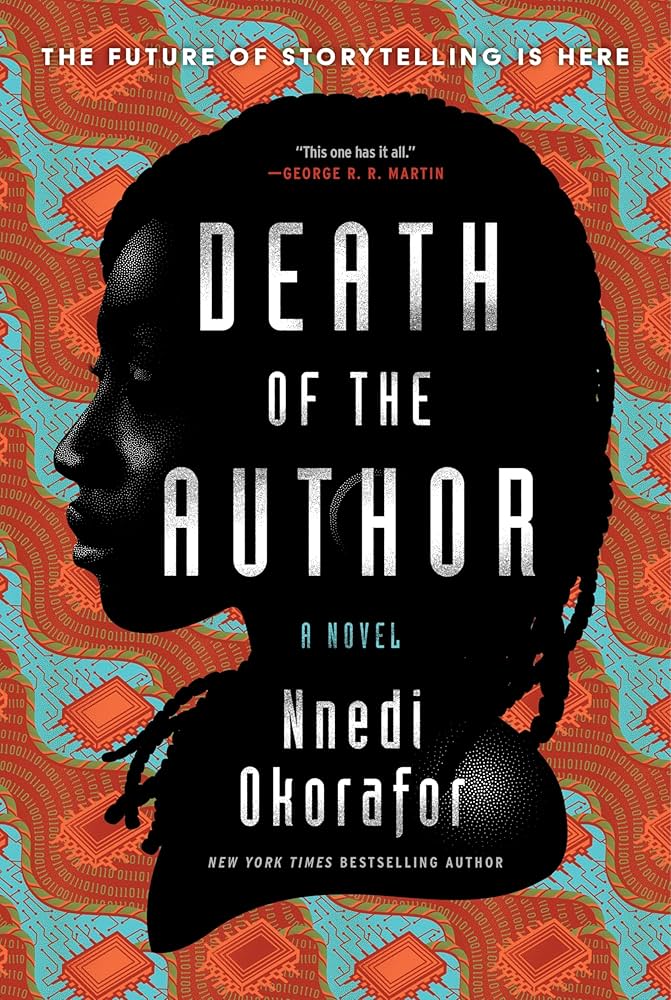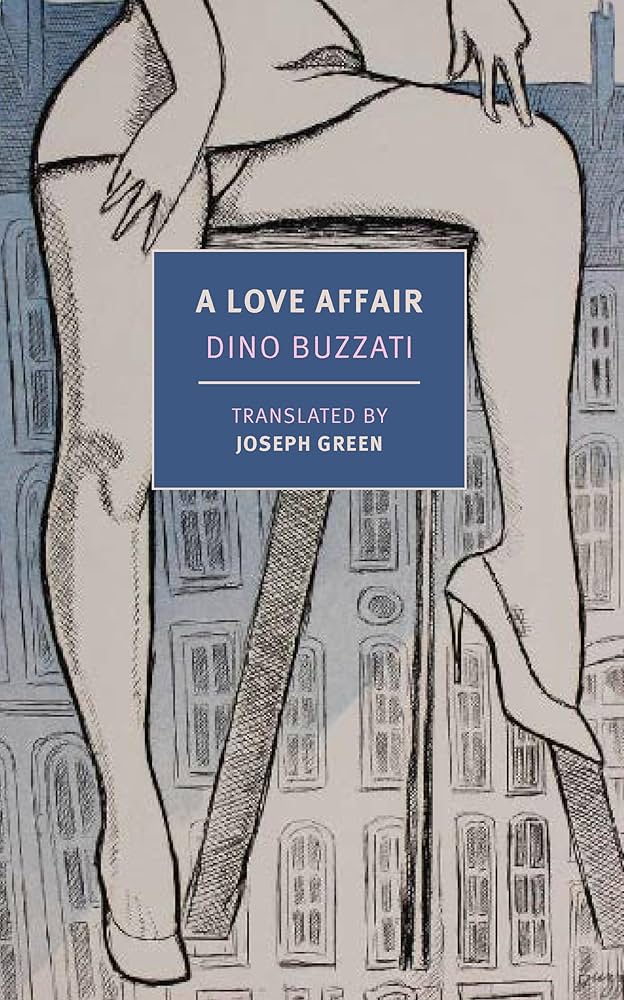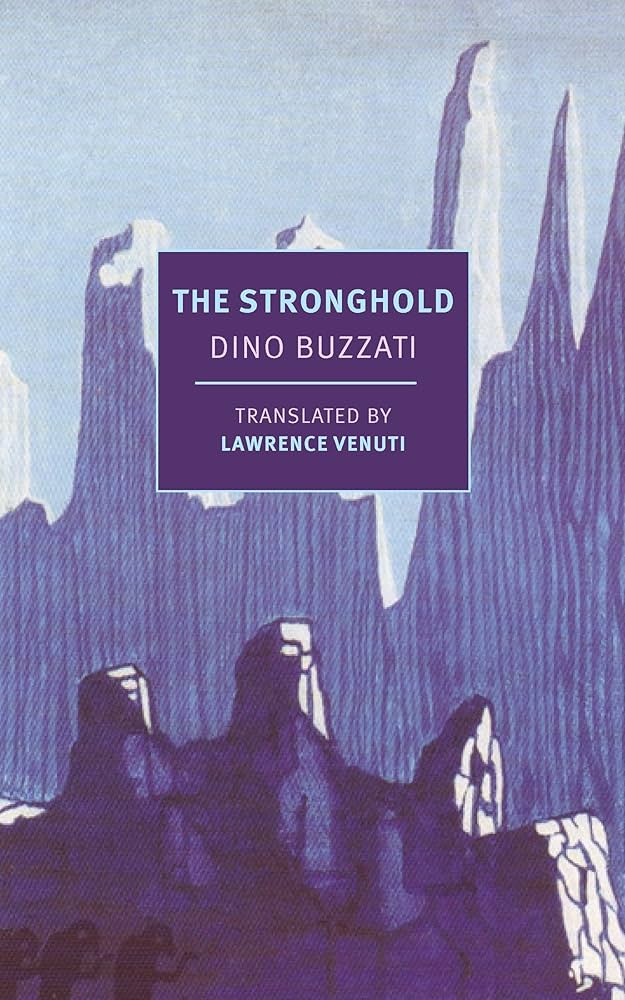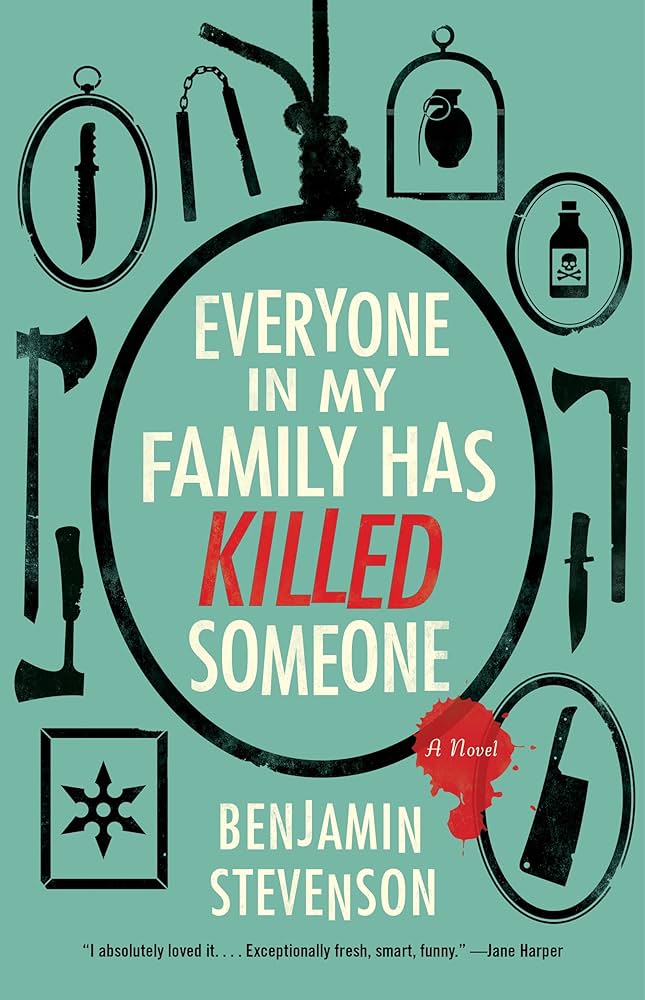Catalina is the narrator of Karla Cornejo Villavicencio‘s story, and she’s one of the most magnetic and charismatic main characters I have ever read.
Catalina is an undocumented immigrant, and an orphan. She came to NYC from Ecuador at age 5 to live with her grandparents after her parents died in a car crash. They’re also undocumented. This is the story of her senior year at Harvard in 2010-11, while Obama is working to pass the DREAM Act. Her future aspirations (including simply getting a proper job).
The book tackles a ton of things – the immigrant experience, racism and sexism, class, privilege, and liberal hypocrisy. It’s also a campus novel, about universal dramas of a young person’s life – friendships, family, and dating.
What makes the book radiant and irresistible is Catalina’s voice and energy. She’s flighty, inconsistent, and easily distracted, but she’s crazy smart, superliterate, mostly fearless and takes no shit. I could read a thousand pages narrated by this character. If I didn’t know better, I’d think this book is a memoir.
In this great piece in Elle magazine, Villavencio talks about the voice of the narrator:
She wanted to write in first-person, in a “voice that is so honey-sweet that I’m able to sneak in some bitter herbs–some medicine. Lure them in with the honey.” She isn’t so concerned with whether readers like the book, only that they remember it. “I want you to read things you can’t unread. I wanted to write sentences that I knew [you] would be unable to forget.”
Mission accomplished.
There’s a lot of fascinating context for this book. In 2010, as an undocumented citizen and a Harvard senior, Cornejo Villavicencio wrote this anonymous piece for the Daily Beast: “DREAM Act: I’m an Illegal Immigrant at Harvard“. Required reading:
My parents were only a little older than I am now when they overstayed their visas. I hadn’t even learned the alphabet when I overstayed mine.
It is important that I make clear I was the valedictorian of my high school class and got full scholarships to the country’s best schools. It is important that I point out I have been published in some of the top magazines and am currently working on a book, an excerpt of which has already been published. And it might be worth emphasizing that we’d make excellent permanent neighbors. My parents have been paying taxes for years, even procuring a special taxpayer ID number from the IRS in order to be able to do so. We go to church every Sunday. We’ve adopted from the animal shelter. We go running together in the summers. We recycle.
But you and I both know this changes nothing.
In this interview with the New Yorker, when David Remnick asks about whether she feels responsible for her parents, like she’s also raising them in some way, she responds just like I imagine Catalina would:
The truth is that I don’t feel any responsibility towards them, because the narrator in my head knows that that is a script and I refuse to follow it. I understand that the script is I’m supposed to feel indebted to my parents and I’m supposed to be haunted by their sacrifice and I’m supposed to look at their hands and feel shame and guilt about my own life. And that is why I don’t feel that. I catch a cliche and then I can’t allow myself to feel it.
It’s a fantastic interview, and I’ve been thinking of it on and off since finishing the book a couple days ago. Her ideas about paranoia and permanence in the second half of the interview are articulated in a way that has stuck with me.
It also touches on her first book, The Undocumented Americans, which I haven’t read but will now, thanks to this funny, bold, harrowing and stunning piece on This American Life, where she reads from it.
In the New Yorker interview, she suggests that one reason Catalina was written as fiction rather than memoir is that she feels too young to write a memoir. I don’t care what she writes, I’ll read it.
Lastly, she made us a playlist to go along with the book:

